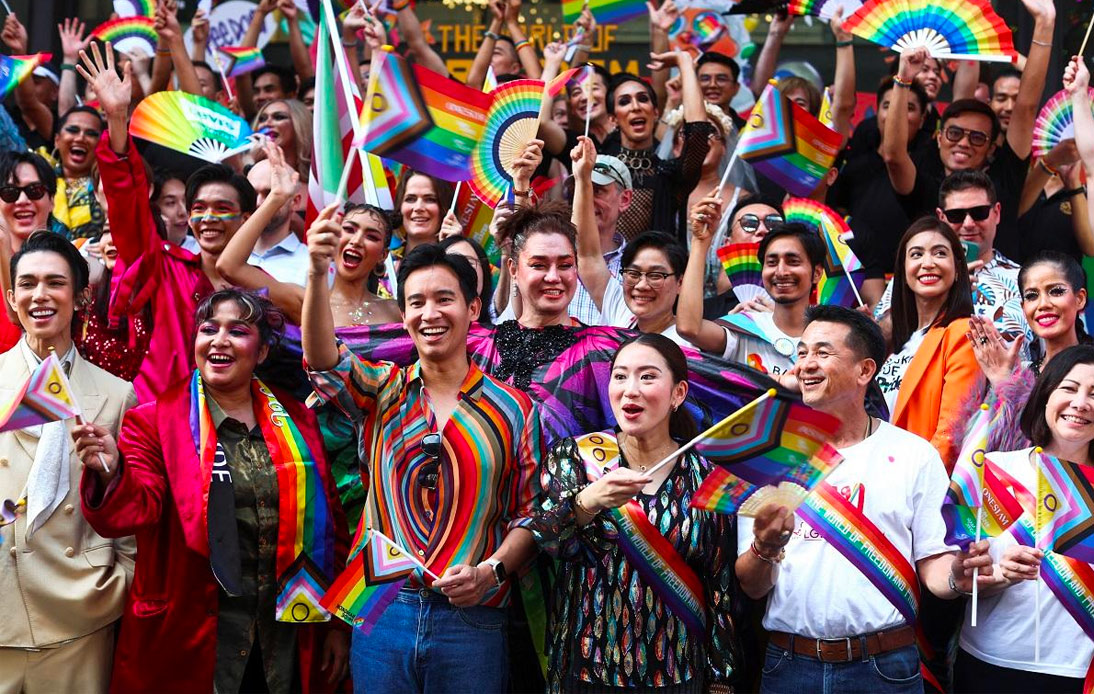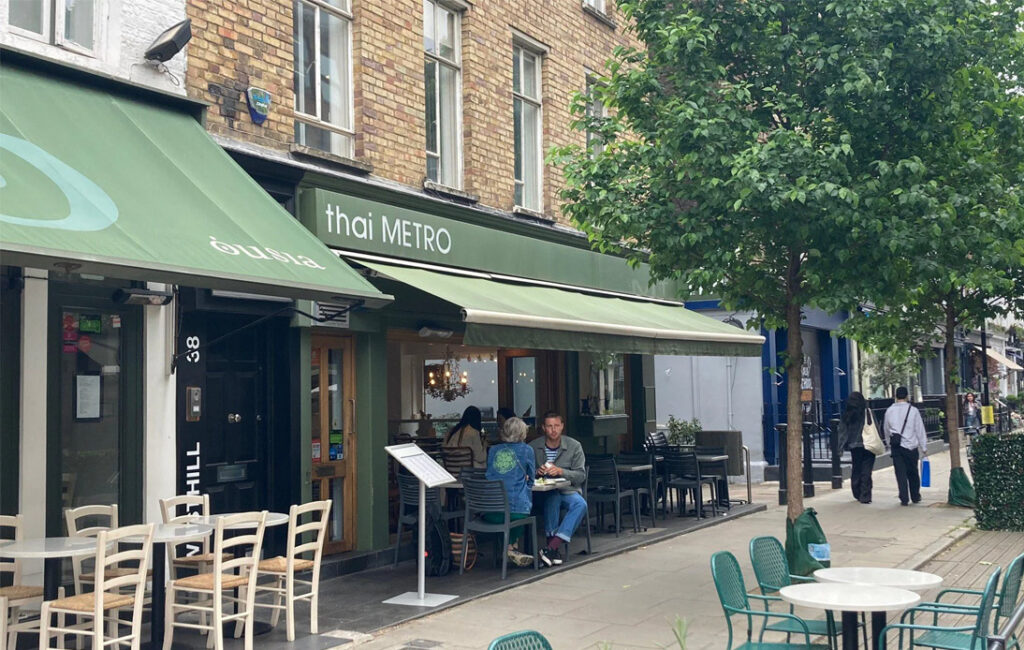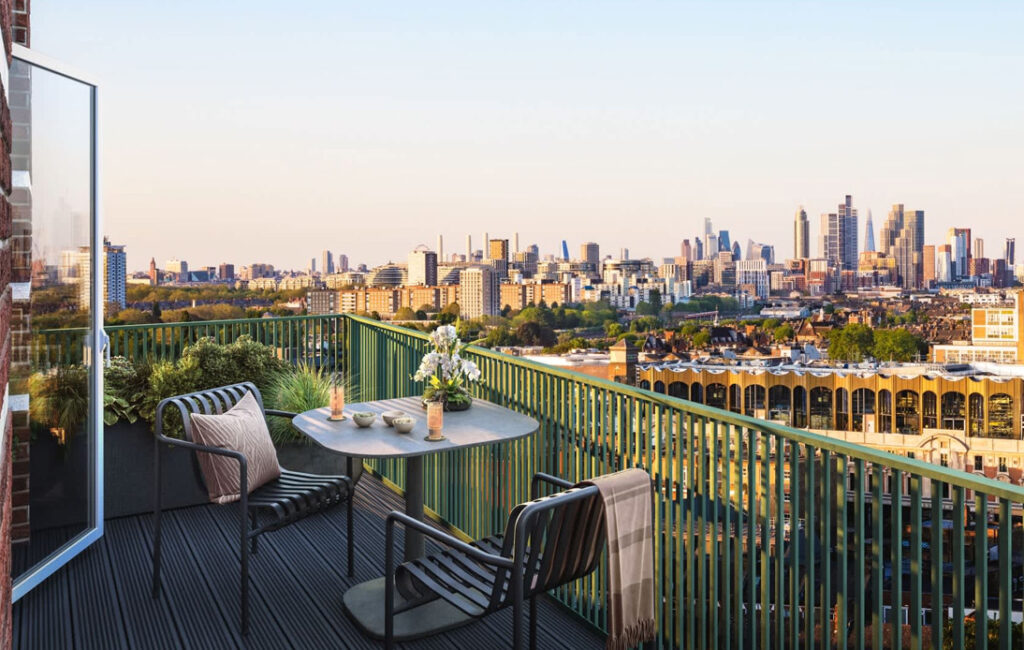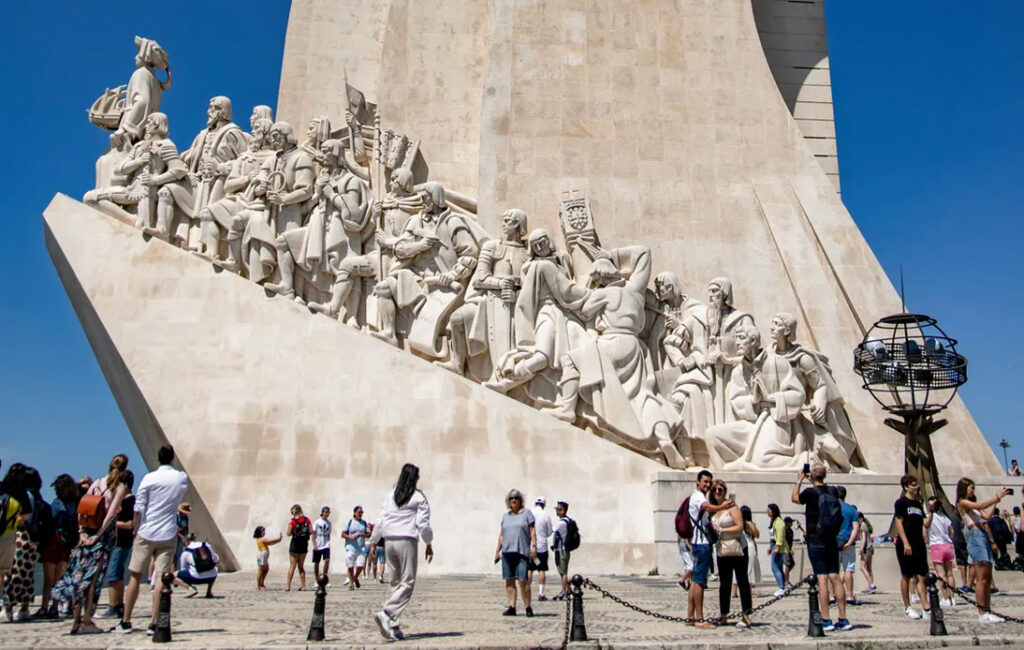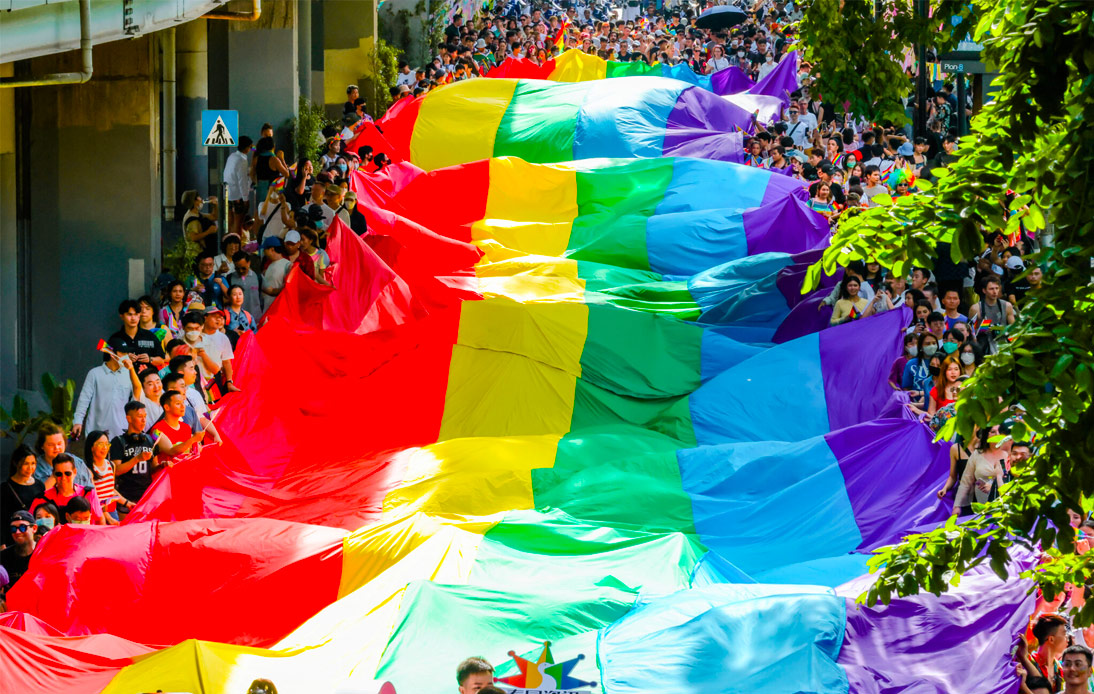
The annual Pride Parade, a vibrant celebration of the LGBTQ+ community, took place in the bustling streets of Thailand’s capital city, Bangkok, on the sunny afternoon of Sunday, June 4th.
The event began around 2 p.m. at Siam Square, the epicenter of Bangkok’s shopping center, which was also the stage for the 2020-2021 demonstrations against the current Prime Minister Prayut Chan-o-cha.
The celebration extended into the night, featuring a festive street party along Ratchadamri Road. This event took place one week after Chiang Mai Pride, which signified the beginning of Pride Month in the nation.
The month-long festivity honouring LGBTQ culture and community consistently attracts large numbers of both local Thais and international visitors from across Southeast Asia.
Initially launched in the capital city in 2006, the parade has long been a venue for LGBTQ individuals in Thailand to convene and honour their identities, a crucial sanctuary in a region experiencing an escalating suppression of queer rights and expression.
Moreover, the parade provides a platform for the community to bring attention to the numerous societal and political obstacles they continue to confront within the country.
This year’s parade, carrying the theme “Beyond Gender,” was no different, highlighting issues confronted by sex workers and the broader LGBTQ community.
Although the 1996 Prevention and Suppression of Prostitution Act officially declares prostitution illegal in Thailand, the nation remains as a sex tourism hotspot, especially within the red-light districts and massage parlors in Bangkok, Pattaya, and Phuket.
Despite the absence of official data quantifying prostitution in the nation, various United Nations reports speculate that the industry produces approximately $6.4 billion each year, contributing to roughly 1 percent of the nation’s gross domestic product.
Advocates condemn the balance between the economic significance of the industry and the inadequate provisions for sex workers, attributable to the criminalization of prostitution.
The movement advocating for legalization, initiated in 2003, also underscores the challenge of monitoring and minimizing the spread of sexually transmitted diseases, primarily HIV/AIDS, among sex workers.
This problem has become a central focus for Pride activists, given the heightened risk faced by gay men and transgender women.
Marriage equality also features among the top concerns advocated for by LGBTQ activists in Thailand, and was a prominent aspect of this year’s Pride Parade.
Although same-sex activities have avoided criminalization and received relatively more visibility in public conversations and media compared to neighbouring nations like Malaysia or Singapore, legal recognition for same-sex couples has been slow to progress.
The topic was reintroduced into the country’s public conversation during the general election held the previous month, which witnessed a significant victory for the progressive Move Forward Party (MFP).
Following the election, MFP leader Pita Limjaroenrat declared his goal to legalize same-sex marriage by 2028.
However, his capability to accomplish this depends on whether Prayut and his conservative supporters will permit the MFP to establish the upcoming government, a matter still fraught with uncertainty.
Nevertheless, Pita’s election and his dedication to advancing LGBTQ rights have ignited a renewed optimism among the Thai people, which peaked during the Pride Parade the previous weekend, attended by Pita and other MFP leaders.
Upon concluding the march and arriving at the assembly point in front of Central World Mall, Pita was asked to deliver a speech on stage, attracting large groups of LGBTQ activists and supporters who had participated in the Parade earlier that day.




